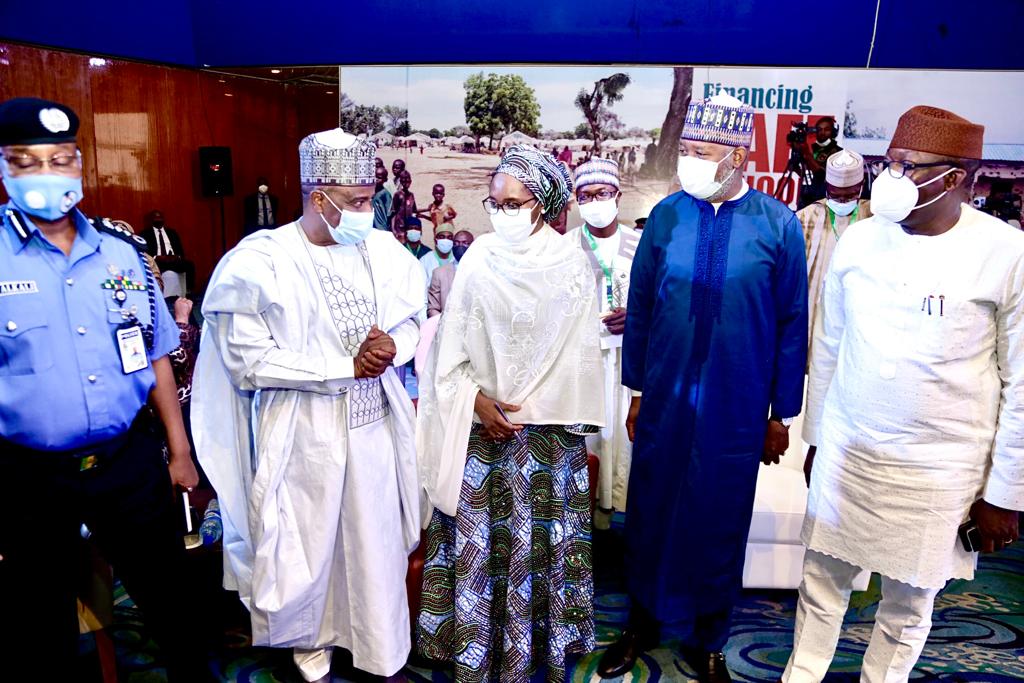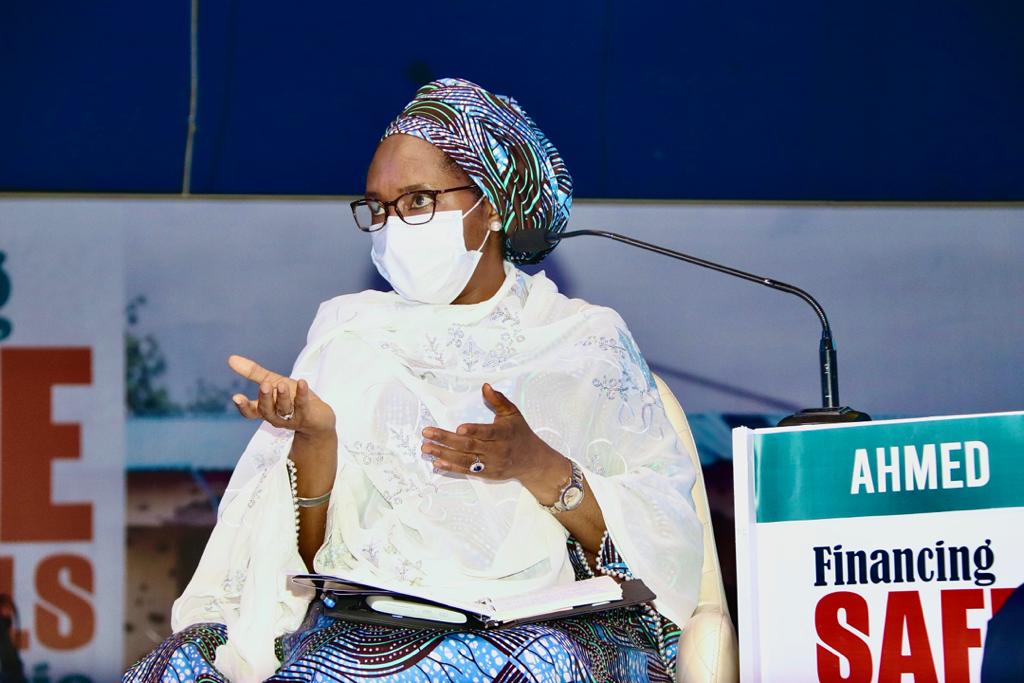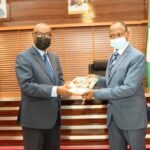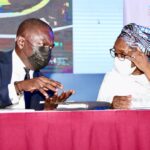Against the fact that Nigeria at the moment sits on the brink of a socio-economic disaster and a full education crisis, the federal government has brought to the fore that financing is critical to the successful implementation of any proposed interventions.
In her remarks at ‘High Level Dialogue: Financing Safe Schools: Creating Safe Learning Communities’, recently held at Abuja, Mrs. (Dr.) Zainab Ahmed, Honourable Minister of Finance, Budget and National Planning, said that the country might face a dire calamity if Nigerians do not act in a coordinated manner to stop the current wave of systematic attacks on the fundamental rights of the children.

Considering ‘An Urgent Call to Renew and Reimagine Our Commitment to Safe Schools in Nigeria’, Mrs. Ahmed said: “Today’s dialogue recognises the need for decisive action and for a coordinated approach to the financing and implementation of an integrated safe schools programme across the country, which is government-led and is tailored to the current realities on ground.”
According to her, Nigerians are looking to the government, institutions and well-meaning Nigerians to lead the way, “and we must heed the call to action, and we must all work together to realise the promise of safe school environments.” She stated that the programme is aimed at initiating a process towards renewing and reimagining the commitment to maintaining learning environments that are safe, secure and that protect the dignity of the children, their teachers, and school administrators.
“We in government recognise that to make the critical investments necessary to sustainably secure our schools and ensure a holistic and community-centered approach to safe schools programmes, we must address the longstanding challenge of domestic revenue mobilisation. This process is already ongoing through the implementation of fiscal reforms, including Finance Acts 2019 and 2020.”, she said.
Mrs. Ahmed noted that the event was an opportunity for Nigerians to come together to renew and reimagine the country’s commitment to ensuring safe schools for the children. “This process must be government-led, it must be strategic, and it must result in a multistakeholder framework and plan of action that ensures that any planning we do today is sustainably financed,” she emphasised.
“While much progress has been made through the safe schools initiatives (SSI) and other programmes, (which many of your organisations are supporting), we have a long way to go, and there is need to reimagine, institutionalise, and scale our safe schools programmes. Even before the pandemic, Nigeria accounted for approximately 20 percent of the global out-of-school population.

“With an estimated 13 million children currently out of school in the country, parents are increasingly more nervous about sending their children, and particularly their young girls to school, with some choosing to withdraw existing students. The time to act is now.
Mrs. Ahmed noted further that COVID-19 pandemic and the resulting economic crisis have posed unprecedented challenges globally and here in Nigeria. While the country has been proactive in its response to the pandemic, and has established and are implementing the Economic Sustainability Plan (ESP) and other interventions (including the scaling up of social safety net programmes, and increased investments in health and education), the pandemic has deepened insecurity across the country and resulted in an alarming spate of school attacks and mass kidnappings.
“These actions are a direct attack on our children’s fundamental human rights to ‘an education without fear of violence or attack,’ as described in the Safe Schools Declaration, to which Nigeria is a signatory. In fact, we were among the first 37 United Nations (UN) Member States to endorse the Declaration.
In 2014, following the abduction of over 200 girls by Boko Haram from a secondary school in Chibok, the government, alongside the then United National Special Envoy for Global Education, Mr. Gordon Brown, and several development partners and private sector stakeholders, launched the SSI.
Furthermore, “we are working to develop the second phase of the strategic revenue generation initiatives (SRGI), a multiagency programme originally launched in 2019, with prioritised initiatives across three thematic areas: Achieving sustainability in revenue generation; identifying new and enhancing enforcement of existing revenue streams; and achieving cohesion in the revenue ecosystem (people and tools).
“As part of this initiative, we are also exploring how to make our revenue administration processes more efficient, recognising resource constraints particularly post COVID-19. Even with the aforementioned efforts, our fiscal space remains constrained with the COVID-19 response having required increased borrowing in Nigeria, as it has in other countries across the globe.
According to her: “It is, therefore, imperative that we work to collaboratively (across government, and with the private sector and international development partners) develop funding strategies to drive the creation of safe education environments.






